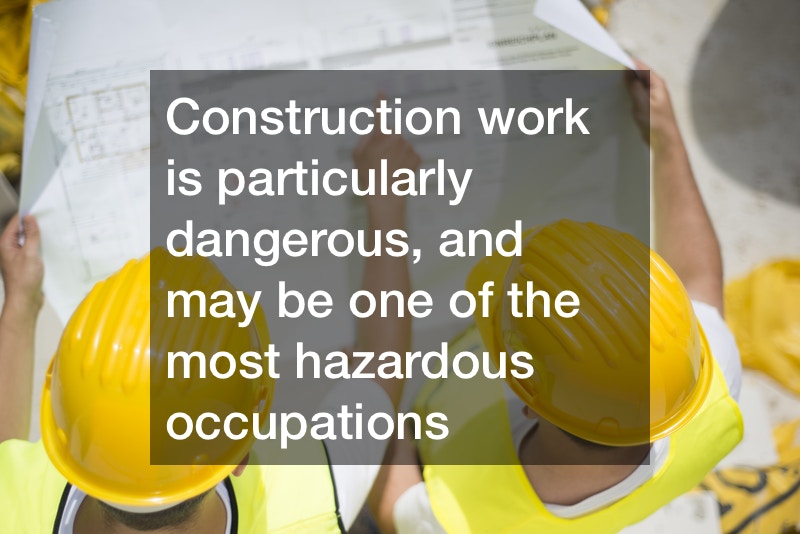
Most of the time, injuries are minor and considered part of the accepted risks involved with work. However, more serious and life-changing injuries can and do occur at times. In these cases, legal action may be needed to get compensation for your injuries, lost wages, medical care, and a decrease in quality of life. There are some common questions that often come up regarding the process of finding a workplace injury lawyer.
One common question often asked is- can I see my own doctor for workers comp? In almost all cases the answer is no because the doctor who makes the statement about your injuries needs to be unbiased and unconnected to you or your employer.
Another question often heard is- can you sue for getting hurt on the job? Yes, in many cases there is a process involved to try and get compensation for a workplace injury. Not all injuries fall under workers comp coverage and an experienced attorney can help advise you on your legal rights.
The final question often brought up is- do you get paid for injury at work? Yes if the judge rules in factor of your compensation claim you can get some sort of restitution for your injury. It can be tricky though so if you are getting hurt on the job you need to contact a workers comp attorney right away.

Did you know that, according to the Bureau Labor of Statistics and its 2012 Survey of Occupational Injuries and Illnesses, 3 million U.S. workers suffer from on-the-job injuries per year? Work-related injuries can completely devastate an individual’s finances, and sometimes even leave them unable to work. What are the most common occupational injuries, and what are some of the first steps you should take if you are injured at work?
How Are People Getting Injured at Work?

Workers are, overwhelmingly, hurting their backs from improper lifting, according to the National Safety Council. The NSC reveals that slips, trips, and falls are also problematic, and extremely common, with up to 25,000 employees falling per day. Construction work is particularly dangerous, and may be one of the most hazardous occupations, with up to 300,000 daily injuries among industry workers. Finally, nursing home employees, including aides, attendants, and orderlies, have an alarmingly high rate of personal injury. In fact, nursing home employees are almost twice as likely to suffer injuries at work, according to the Bureau of Labor Statistics.
Steps to Take After An Occupational Injury
The facts are in, and an average of 3 million workers per year sustain injuries on the job. Protecting your rights as an employee starts with carefully documenting the process, and knowing where to take it from there (when and if necessary). What are some crucial steps to take after getting hurt at work?

- Report accidents and injuries immediately. Time is of the essence, especially when you are hurt at work. Report any injuries as soon as possible. It is important to report minor bruises, strains, etc. as well, as they often have the potential to lead to more severe injuries.
- Keep accurate records. You cannot always count on someone else for appropriate documentation. Keep a hard copy of all relevant documents, including your initial report, medical bills, and any related receipts.
- Ask important questions. What is unfair dismissal? What are the nuances of employee laws? How exactly do you file an accident injury claim? It is important to have these answers. Schedule a consultation with an attorney to answer questions about employee rights and wrongful dismissal.
Occupational injuries can set Americans back by devastating their finances or leaving them unable to work. Know what the most common injuries are, report injuries right away, and talk to a lawyer about worker rights and wrongful dismissal.
Read this for more.
